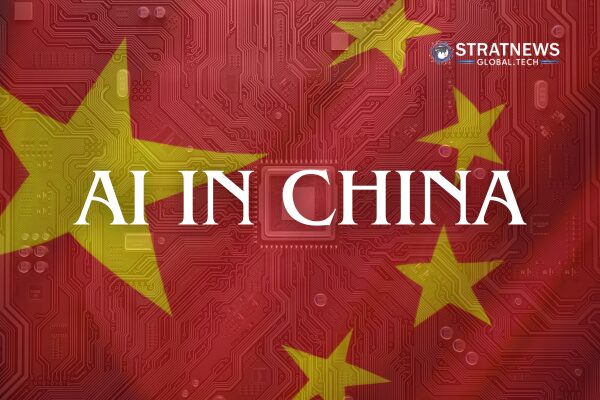China’s AI Sector Faces Growth and Government Oversight
China’s economy presents a mix of progress and challenges. Years of centralised industrial planning have created persistent overcapacity, leading to price wars across industries. Yet this model has also produced global leaders such as electric car giant BYD. Now, Beijing is turning its attention to artificial intelligence (AI), a sector already worth $140 billion, with plans to prevent what it calls “disorderly competition.” While the intention has merit, tighter oversight may come at a cost.
Optimism Drives AI Growth
Unlike the electric vehicle or solar industries, it is not clear why AI has triggered concern among policymakers. Analysts at Morgan Stanley predict that AI and related industries could grow into a $1.4 trillion market by 2030. That optimism has fuelled strong market gains, with the Hang Seng Tech Index in Hong Kong climbing 30% this year, outpacing mainland benchmarks.
Despite US sanctions, Chinese companies remain competitive. Firms like DeepSeek and Alibaba continue to release open-source models that rival, and sometimes outperform, offerings from Western leaders such as Meta and OpenAI. Demand is surging: Alibaba recently reported triple-digit growth in AI revenues, while chipmaker Cambricon Technologies saw its half-year revenue rise more than 4,000%, although from a small base.
Rising Risks and Overheating Signals
The rapid growth also carries risks. Cambricon’s share price doubled in weeks before the company warned investors of a mismatch between fundamentals and valuation. The announcement, made just hours before Beijing signalled potential intervention, triggered a selloff.
Meanwhile, local governments are borrowing heavily to build data centres and stockpile chips. Many facilities remain underused, highlighting the dangers of wasteful investment. Competition is also intensifying in what industry insiders describe as “a war of a hundred models,” even as many companies struggle to establish sustainable business models.
Balancing Control and Innovation
China’s history of industrial planning raises questions about its ability to guide the AI sector effectively. Billions have already been lost in failed semiconductor ventures, including Wuhan Hongxin Semiconductor and Tsinghua Unigroup, the latter marred by corruption scandals.
Excessive control could also stifle innovation, particularly among nimble startups like DeepSeek that thrive outside the spotlight. While Beijing’s caution aims to prevent bubbles, too much intervention risks derailing progress in a sector that depends on rapid innovation and flexibility.
with inputs from Reuters


